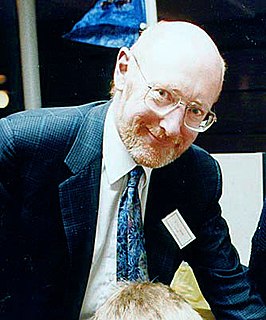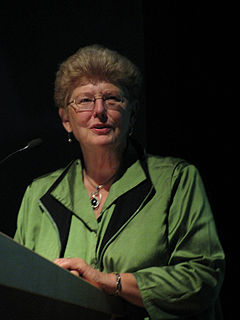A Quote by Clive Sinclair
Hinde Esther Kreitman is a forgotten literary foremother, her works largely lost, ignored and out of print.
Related Quotes
Lulled into somnolence by five hundred years of print, literary studies have been slow to wake up to the importance of MSA (media-specific analysis). Literary criticism and theory are shot through with unrecognized assumptions specific to print. Only now, as the new medium of electronic textuality vibrantly asserts its presence, are these assumptions clearly coming into view.
We're not ignored by The Guinness Book Of Records, but we've been largely ignored by the media during our lifetime. If you read any article, no mention is ever made of Pink Floyd. We're never included in the same sentences as The Beatles, The Rolling Stones and The Who. I wrote 'The Wall' as an attack on stadium rock - and there's Pink Floyd making money out of it by playing it in stadiums! Pathetic. They spoiled my creations.
Print works! It works as a business proposition - our print readers [of the Mother Jones] not only provide revenue in the form of subs and ads, but they are a core part of our donor community; 10 percent give us a donation on top of their subscription; that's about the same rate as NPR gets from its listeners.
The Forgotten Man... works, he votes, generally he prays-but he always pays-yes, above all, he pays. He does not want an office; his name never gets into the newspaper except when he gets married or dies. He keeps production going on.... He does not frequent the grocery or talk politics at the tavern. Consequently, he is forgotten.... All the burdens fall on him, or on her, for it is time to remember that the Forgotten Man is not seldom a woman.

































